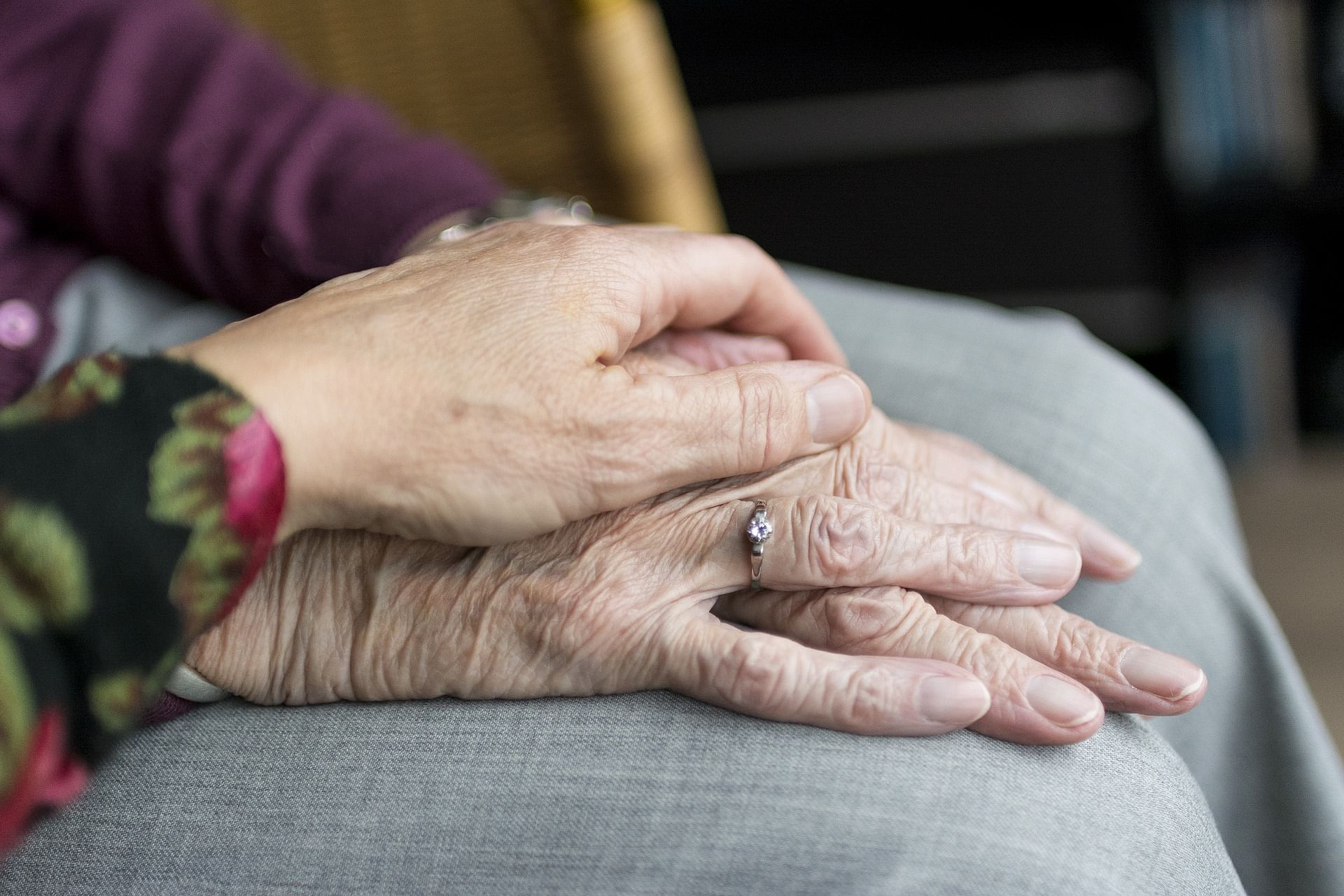Ageing is nature’s way of implementing change and is unavoidable whether we desire it or not. While every stage of human life has its own set of problems, old age seems to be the most troubling part of our existence. With the marvels of modern medicine and science, the average life expectancy has doubled since the 1900s. While the economy has come a long way since the 1900s, a growing geriatric population is a compelling challenge for the nation. By 2025, it is expected that 11.1% of India’s population will be above the age of 60. This means the elderly will have to spend a greater portion of their lives as dependants, especially financially, given the retirement age of 60.
Even if the medical infrastructure has increased life expectancy by 10 years since 1990, the age of retirement remains at 60. Expert opinions are divided. Even as the corporate world shows the intention to retain its pool of experienced professionals, it may be a challenge to hike retirement age across sectors without affecting new job creation. However, until a balanced solution is found it is essential that as a nation, we look at the ageing population, not as an increasing burden on the country’s resources, but as a responsibility needing critical care and attention.
Considering the fact that one out of four of the elderly is forced to live alone in the country with no support from family, innovative solutions are needed to effectively address this issue. Lack of infrastructure, social support, access to affordable healthcare coupled with changing family structure are some factors that are affecting the elderly care system in India.
A growing culture of nuclear families with many children living abroad is further exacerbating the problem, often leaving the aged to fend for themselves. This not only makes them yearn for love and affection but also leaves them parched in terms of physical and emotional support. Elderly women are the most affected as they move from being caring homemakers to almost invalid dependants with little or no financial support. Family members may leave them out of important family matters and the decision-making process, creating a feeling of neglect and deprivation in the elderly. The death of a spouse may aggravate their solitude and isolation.
In order to develop a holistic geriatric care system, it is important to understand the needs and problems of the elderly. This may vary significantly with age, health conditions, and their socioeconomic status and requires a structure that allows for customization and individualization. At the very outset, elderly welfare goes beyond just administering timely medication. The vagaries of old age cannot be addressed by medications alone.
The physical decline — failing eyesight, a shrinking decibel range, loose teeth, dwindling appetite and sagging skin —is only one aspect. Advancing age may bring on a multitude of problems that lead to emotional instability and irritability. Forgetfulness, a major problem in old age, affects a person’s judgement and alters their coherence drastically. Physiological factors such as insomnia, loss of basic motor functions and restricted movement often manifest into frustration and psychological problems such as lack of self-worth and severe depression.
Research shows that senile dementia and psychosis account for 80% of psychological disorders among the urban elderly population. Cerebral arteriosclerosis or psychosis is often accompanied by physical manifestations severe indigestion, fatigue, dizziness, loss of memory, unsteady gait, frequent falls and seizures. Restricted movement coupled with retirement from a job or an active role in the family often adds to the social problems that the elderly face. They often have to let go of most of the social roles that they once were a part of and become confined to a narrow space in terms of interpersonal relationship.
Even as the home care services segment, that offers specialized elderly care assistance, is gaining momentum in the country, there is a need for a streamlined framework in order to
bring in significant reforms. There is an urgent need to build a stable, integrated and responsive geriatric care system globally, especially in India.
It is also imperative to make this form of healthcare more affordable and available. Elderly care is more of a social challenge, than a medical one. While science and technology
have brought in significant improvements in medical care, there are some gaps in other arenas that need to be filled for the benefit of our elderly.
Deccan Herald is on WhatsApp Channels| Join now for Breaking News & Editor's Picks
